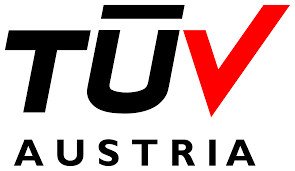
KNA COOPERATED WITH TUV AUSTRIA HELLAS ON AUDITING FSC STANDARDS IN VIETNAM
After time of exchanging and discussing, KNA CERT has successfully signed a cooperation agreement with TUV Austria on FSC/CoC certification services. Accordingl...
 If you are researching into ORGANIC, the following set of standards is necessary for your business application. KNA sends to you: Here.
If you are researching into ORGANIC, the following set of standards is necessary for your business application. KNA sends to you: Here.Organic standards were established on the basis of core definitions concerning organic agriculture. The number of organic certified organizations is finite. We will list some kinds of current organic certificates in the world in this article.
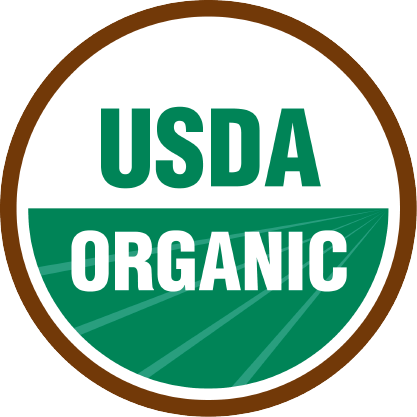 |
Certificate name: USDA |
This is an organic certificate with the most stringent condition - it's also a truly food standard. Organic products under USDA representatives' certification have some levels, yet only products with 95% to 100% organic ingredients are attached USDA'slogo on product labels.
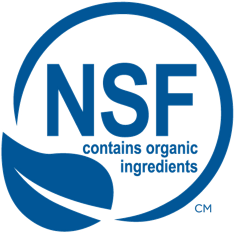 |
Certificate name: NSF/ANSI |
This is the first American organic certificate only after USDA. Organic cosmetics with at least 70% organic components (except water) are considered as "contains organic ingredients" However, NSF's products still use chemical components but must be allowed (the list of chemicals used is wider than that of USDA).
 |
Certificate Name: Natrue |
Products under Nature's label are manufactured according to stringent standards. This standard has three certification levels: - organic cosmetics: cosmetics must contain at least 95% components made of organic ingredients. - natural cosmetics with organic portion: This cosmetic contains at least 70% of organic ingredients. - natural cosmetics: 100% natural components, it's unnecessary for organic ingredients.
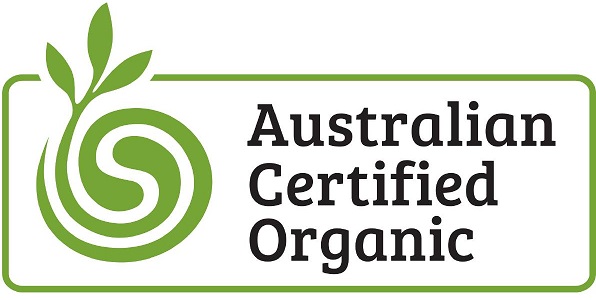 |
Certificate name: ACO (Australian certified Organic) |
Organic products of this standard were also divided into 4 levels such as USDA: 100% organic - Certified organic: at least 95% organic components. - Made with organic ingredients: at least 70% organic ingredients. - Organic components with less than 70% product components: only shows the list of ingredients on product label. The rest ones must be naturally produced plant or allowed and completely non-toxic preservatives / additives.
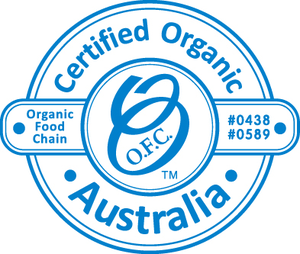 |
Certificate Name: OFC |
This is an Organic Farming Certification recognized by the Australian government to ensure that national standards concerning organic production and bio-dynamic are strictly applied. Products of this standard also have 4 levels: 100% organic or 100% bio-dynamic: Components must contain 100% ingredients are manufactured according to this standard's requirements. - Organic or Bio-dynamic: Components must contain at least 95% organic ingredients or biological production process. The rest of components must be of plant origin according to this standard. - Made with organic or made with Bio-dynamic. Main components must be of organic origin or biological production process. At least 70% components are made of organic or bio-dynamic ingredients. The rest of components must be of plant origin according to this standard. - Products with organic or-dynamic ingredients under 70% only show the list of ingredients on product labels.
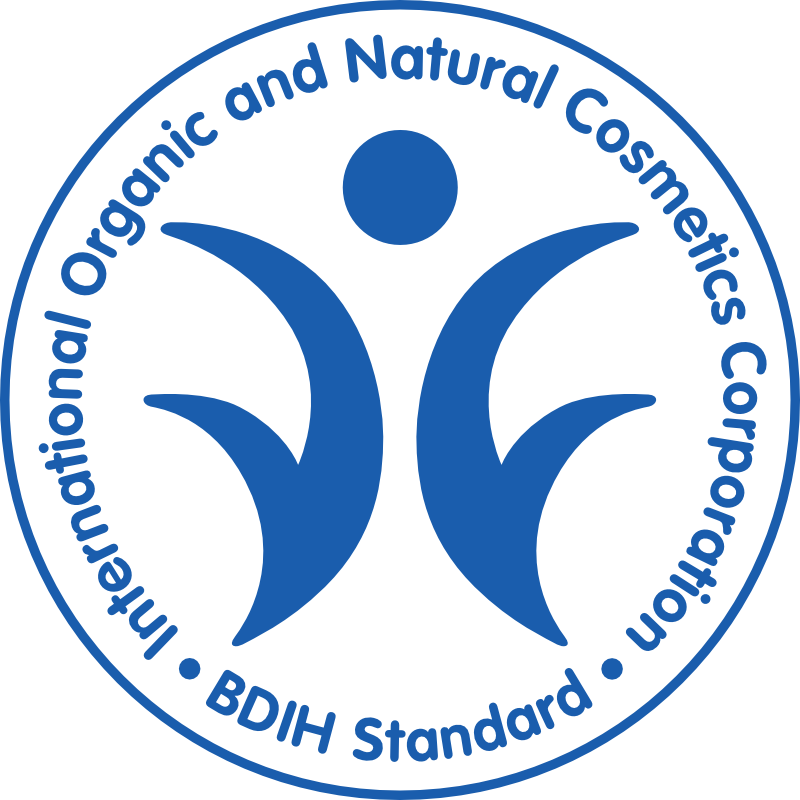 |
Certificate Name: BDHI |
In spite of standards for natural body care, BDIH requires producers to use organic components wherever possible . "wherever possible" is available with numbers and quality and which kinds of plant are in this list. Therefore, a product with 0% organic components is still certified BDIH. BDIH also maintains the list of components that are possibly used in products for BDIH members. BDIH is a senior because it created the first organic certificates for body care products in the world.
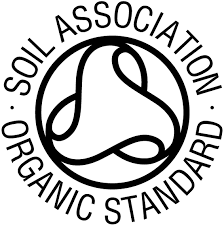 |
Certificate Name: Soil Association |
Only poducts with over 95% organic ingredients are certified by this organization. Products with 70%-95% organic components are also certified by organization's logo, yet their labels must show the percentage of used organic ingredients without "organic" on their labels. Products under 70% organic ingredients are not certified by this organization.
Some organic certificates in the world for your reference are above. Please contact for Organic certification: 093.2211.786
